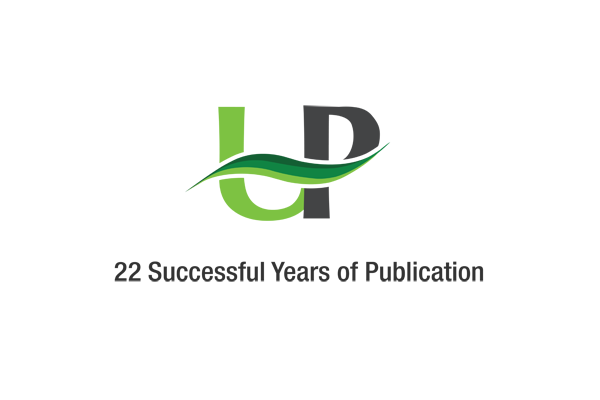Water Crisis Batters War-torn Sudan As Temperatures Soar - UrduPoint

Source: UrduPoint
Port Sudan, (APP - UrduPoint / Pakistan Point News - 16th Jun, 2024) War, climate change and man-made shortages have brought Sudan -- a nation already facing a litany of horrors -- to the shores of a water crisis.
When the first shots rang out more than a year ago, most foreign aid groups -- including the one operating Sortoni's local water station -- could no longer operate. Residents were left to fend for themselves.
Around 110 kilometres east of Sortoni, deadly clashes in North Darfur's capital of El-Fasher, besieged by RSF, threaten water access for more than 800,000 civilians.
Medical charity Doctors Without Borders (MSF) on Friday said fighting in El-Fasher had killed at least 226.
The UN Security Council on Thursday demanded that the siege of El-Fasher end.
If it goes on, hundreds of thousands more people who rely on the area's groundwater will go without.
"If the RSF doesn't allow fuel to go in, the water stations will stop working," he told AFP, requesting anonymity because the diplomat was not authorised to speak to media.
"For a large part of the population, there will simply be no water."
Already in the nearby village of Shaqra, where 40,000 people have sought shelter, "people stand in lines 300 metres long to get drinking water," said Adam Rijal, spokesperson for the civilian-led General Coordination for Displaced Persons and Refugees in Darfur.
In photos he sent to AFP, some women and children can be seen huddled under the shade of lonely acacia trees, while most swelter in the blazing sun, waiting their turn.
- Dirty water -
Sudan is hard-hit by climate change, and "you see it most clearly in the increase in temperature and rainfall intensity," the diplomat said.
This summer, the mercury is expected to continue rising until the rainy season hits in August, bringing with it torrential floods that kill dozens every year.
The capital Khartoum sits at the legendary meeting point of the Blue Nile and White Nile rivers -- yet its people are parched.
The Soba water station, which supplies water to much of the capital, "has been out of service since the war began," said a volunteer from the local resistance committee, one of hundreds of grassroots groups coordinating wartime aid.
People have since been buying untreated "water off of animal-drawn carts, which they can hardly afford and exposes them to diseases," he told AFP, requesting anonymity for fear of reprisal.
Entire neighbourhoods of Khartoum North "have gone without drinking water for a year," another local volunteer told AFP, requesting to be identified only by his first name, Salah.
"People wanted to stay in their homes, even through the fighting, but they couldn't last without water," Salah said.
